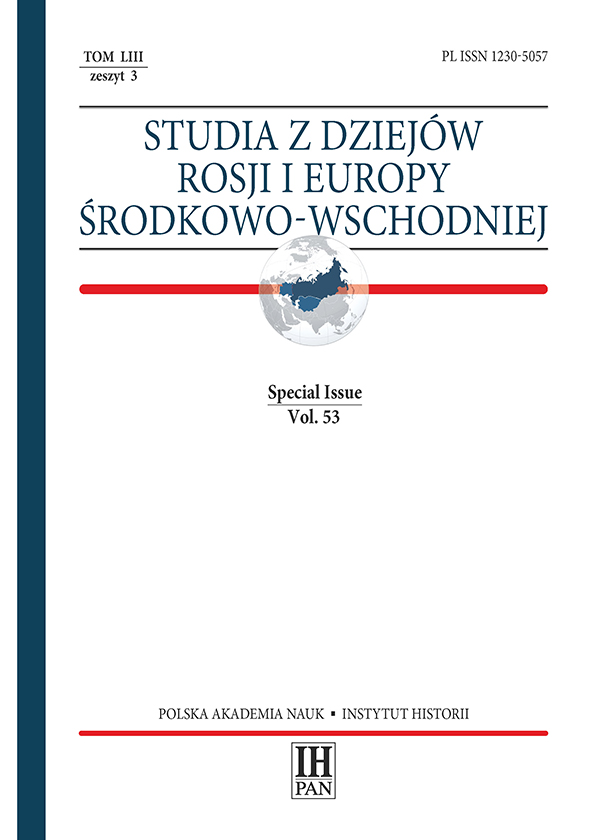The Central Powers and the Balkans A Study of Diplomatic Activities of Germany and Austro-Hungary in Southeast Europe (1909–1913)
The Central Powers and the Balkans A Study of Diplomatic Activities of Germany and Austro-Hungary in Southeast Europe (1909–1913)
Author(s): Jarosław RubachaSubject(s): History, Diplomatic history, Military history, Political history, Recent History (1900 till today), Pre-WW I & WW I (1900 -1919)
Published by: Instytut Historii im. Tadeusza Manteuffla Polskiej Akademii Nauk
Keywords: Germany; Austro-Hungary; Central Powers; Balkans; Balkan Wars 1912–1913
Summary/Abstract: Because of its geographic location at the meeting point of the Western world and the Orient, the Balkan Peninsula for many centuries had figured largely both in the European politics and in its economy, and its importance increased in the mid-nineteenth century, when the European powers entered the so-called “imperial phase.” It is hardly surprising then that at this particular period this small region, situated at “the edge of civilized Europe,” had become the arena of fierce fighting for spheres of influence. Germany and Austro-Hungary joined this struggle, too. Even though these two states variously defined their ultimate objectives in the Balkans, it was widely acknowledged both in Berlin and in Vienna that gaining an advantage over the rivals could not only significantly influence the development of domestic industry, which would acquire new markets for its output, but it could also affect the state of European politics. Nevertheless, the new developments and deep transformations occurring in the Balkans at the outset of the twentieth century, misjudged and belittled by the diplomatic services of the Central Powers, resulted in a heavy defeat that they suffered in the endeavors to consolidate their position in Southeast Europe.
Journal: Studia z Dziejów Rosji i Europy Środkowo-Wschodniej
- Issue Year: 53/2018
- Issue No: 3
- Page Range: 63-88
- Page Count: 26
- Language: English

